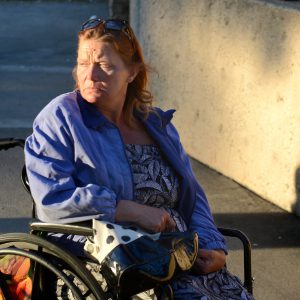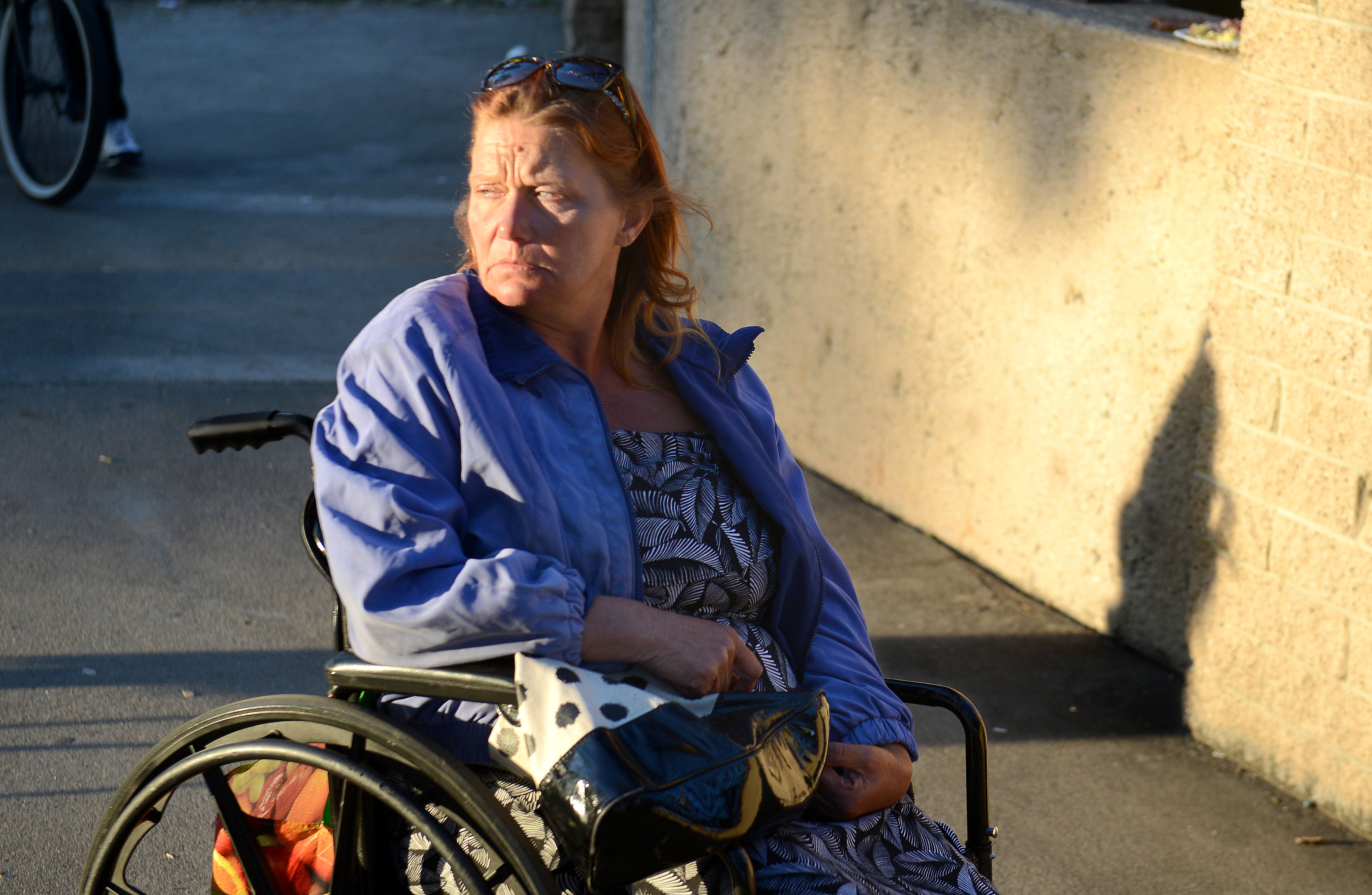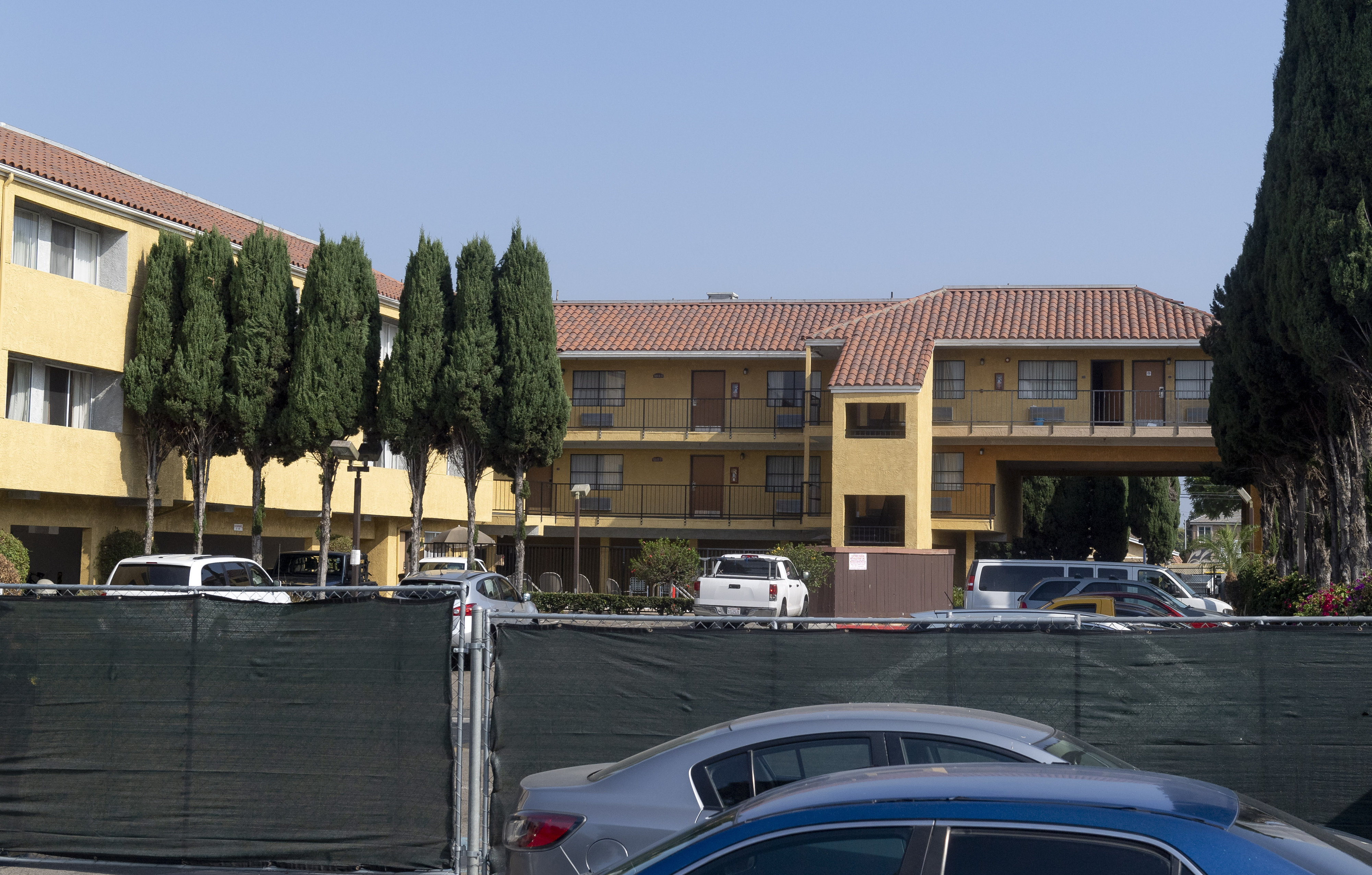Feature your business, services, products, events & news. Submit Website.
Breaking Top Featured Content:
Orange County will end coronavirus program that has found housing for several hundred homeless people

Starting Oct. 16, Orange County will wind down its participation in Project Roomkey, a state program that locally is providing safer living quarters to about 600 homeless people deemed vulnerable to coronavirus.
People helped by the program will not be pushed to the streets. Instead, county officials say they are conducting housing assessments and will offer assistance in finding other shelter or housing options for people who must leave the six Roomkey sites over the next few weeks.
Project Roomkey is a statewide public health initiative launched in April by Gov. Gavin Newsom as a response to the coronavirus pandemic. The program used federal dollars to rent motels, hotels and other locations as temporary quarantine and isolation sites for homeless people staying in shelters or living on the streets.
Notices given to Project Roomkey participants give closing dates of either Oct. 16 or Oct. 23, depending on the site.
“By having a phased closure of the Project Roomkey sites, the county will be able to work with participants to transition them to other appropriate housing options, as well as a thorough assessment of the hotels for damages,” said Jason Austin, director of the county’s Office of Care Coordination, in an email sent Friday in response to questions from the Orange County Register.
At the end of September, 580 homeless people were being housed at Project Roomkey sites in Orange County — 23 of whom were either sick with COVID-19 or had tested positive or been exposed to the coronavirus, and were being kept in isolation at the ALO Hotel in Orange or the Laguna Hills Inn in Laguna Hills.
A third isolation site at the county-owned Joplin Youth Center in Trabuco Canyon closed Aug. 14, with participants transitioned to “other appropriate programs” that included shelters and other housing options, Austin said.
The county plans to continue providing isolation for homeless people who are sick with COVID-19 at recuperative care sites operated by Illumination Foundation, the nonprofit that has been handling the Roomkey services under a county contract.
Another 557 people deemed vulnerable to the virus because of age or underlying health conditions were staying in rooms at motel/hotel sites: a Holiday Inn in Anaheim; Spring Hill Suites in Huntington Beach; Stanton Inn & Suites in Stanton; and the Laguna Hills Inn.
Future plans
One of the Roomkey locations, the 72-room Stanton Inn & Suites on Katella Avenue, is expected to be converted into permanent supportive housing for homeless people under the next phase of Newsom’s initiative, called Project Homekey. That conversion, to be overseen by affordable housing developer Jamboree Housing Corporation, would take about three to five years, Austin said.
Roomkey is also ending in Los Angeles County, where officials are considering a plan to purchase eight motels and convert them into Project Homekey housing.
Orange County’s Stanton Inn & Suites, where 76 people were staying as of Sept. 30, will transition into an interim housing project. Care will be taken, Austin said, to “ensure that no one is displaced or impacted negatively by the planned renovations” to convert the motel into permanent housing. Jamboree and American Family Housing, a homeless services provider, will operate the interim housing.
Homeless people at other Roomkey sites in Orange County appear to have more to worry about.
A resident of the Holiday Inn in Anaheim said the end-date notice caused confusion and uncertainty over where its 279 Roomkey participants will end up and how they can remain safe as the coronavirus pandemic continues.
“Needless to say, there are very (upset) homeless people here,” said Denise Lindstrom Le Blanc, who has been homeless since 2014 but now has a Section 8 housing voucher and hopes to find an apartment to rent.
Lindstrom Le Blanc, who is disabled and in a wheelchair, described a chaotic scene when she returned from a doctor’s appointment last Wednesday: “Everybody was screaming and yelling.”
Lindstrom Le Blanc was among the more than 700 people displaced in 2018 from tent encampments at the Santa Ana River trail and temporarily placed in motel rooms rented for them by the county as a condition of a federal lawsuit. Since then, her odyssey has included a contentious time at an assisted living center, periods of time on the street, hospitalizations, and finally getting a housing voucher last year only to have it canceled and then recently reinstated.
Lindstrom Le Blanc, who is in her 50s, looks forward to a stable housing situation: “I don’t fret too much because I’ve got my voucher coming.”
Other Roomkey tenants, however, worry about ending up in a shelter with dozens of other people. Those conditions, some fear, pose a greater risk of coronavirus infection, even as officials work to keep the number of people low enough so that health and safety protocols can be observed.
“It would be safer at the hotel because you’re in your own room and you don’t have to go out and mingle with anybody,” said a homeless man at the Holiday Inn who didn’t want his name used. “I’m curious why they want Project Roomkey to close.”
Questions about funding
Money is one big reason for ending the program.
Funding from the Federal Emergency Management Administration has covered 75 percent of the cost of Project Roomkey leases and operating services, leaving local jurisdictions to handle the remaining 25 percent. The Roomkey leases in Orange County cost $60,256 a day.
The FEMA money has been renewed on a month-to-month basis, with no guarantee it will continue, Austin said. And Orange County has been using money from the federal Coronavirus Aid, Relief and Economic Security (CARES) Act, enacted earlier this year, to cover the rest of its Project Roomkey costs — money that by law must be spent by Dec. 30.
In July, the county started its own “project” program, called Project Toolbelt, that uses federal money to help Project Roomkey residents transition to other housing options.
At last week’s Board of Supervisors meeting, Supervisor Lisa Bartlett said it is important to let those areas where Project Roomkey sites are located know that when the program ends, “we’re not going to just open the doors and let people wander out.”
All participants in Roomkey will have an opportunity to get into permanent supportive housing, shelters, recuperative care programs and other housing, Bartlett said.
“We will give them that next step into a program with wraparound services.”


